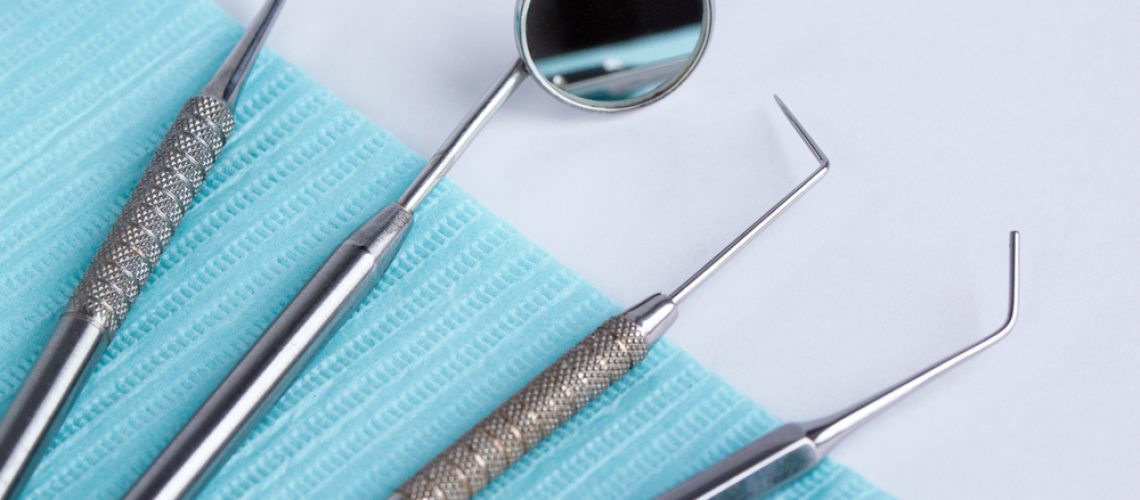If you need oral surgery, such as for dental implants or wisdom teeth, you’ll want to choose an oral surgeon for this treatment. When deciding which oral surgeon is right for you, there are certain factors to take into consideration, including their training, experience, and technology. Your dentist will most likely have an oral surgeon that he or she refers to regularly. However, if you’re interested in finding one yourself, follow these five tips:
- Ask your friends and family: Most likely one of your friends or relatives has received treatment from an oral surgeon or knows someone who has. They will be able to tell you if their experience was positive and if they liked the oral surgeon. Even if they aren’t a dental professional, you can trust in how well they thought the oral surgeon and staff treated them.
- View their credentials and experience: Oral surgeons have the highest level of training and credentialing in the dental industry, having mastered oral and maxillofacial surgical procedures, anesthesia services, and more. However, some oral surgeons choose to specialize in a select few treatments, such as dental implants, for which they have gained additional experience.
- Note their professional affiliations: Oral surgeons who are board-certified or active members of professional associations show greater dedication to patient safety and care. If your oral surgeon is affiliated, he or she has voluntarily gone above and beyond to ensure they’re providing the best possible treatment for their patients.
- Research their practice information: An oral surgeon who has been established for many years and created a positive reputation is a good choice. He or she most likely has a professional and modern practice and has a consistent referral base from area dentists. This shows they’re dedicated to their community and local dental professionals.
- Verify insurance and financing: While not every insurance is guaranteed to pay for oral surgery treatments, it still might give you peace of mind to choose an oral surgeon who also is in-network with your dental insurance. Otherwise, you can verify if they offer third-party financing to help you pay for your treatment through low monthly payment plans.


